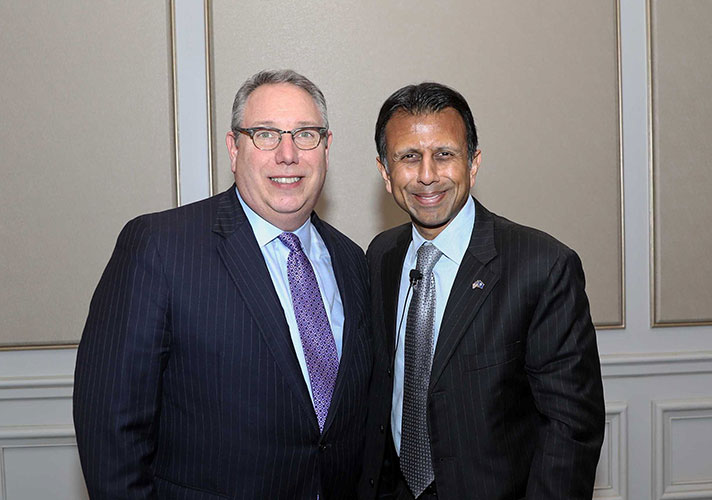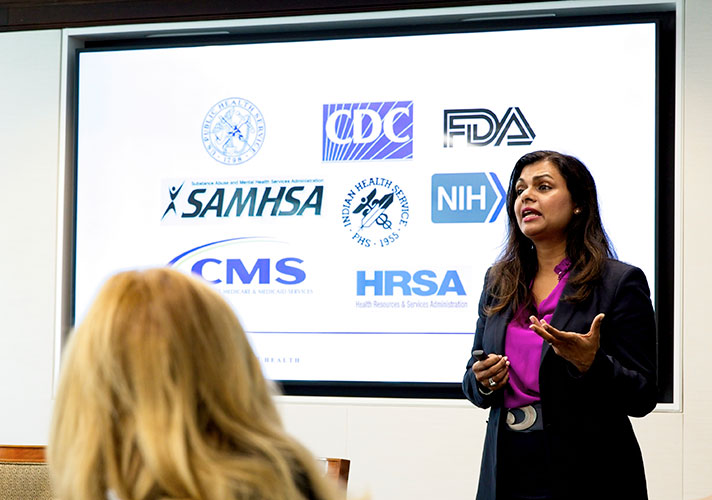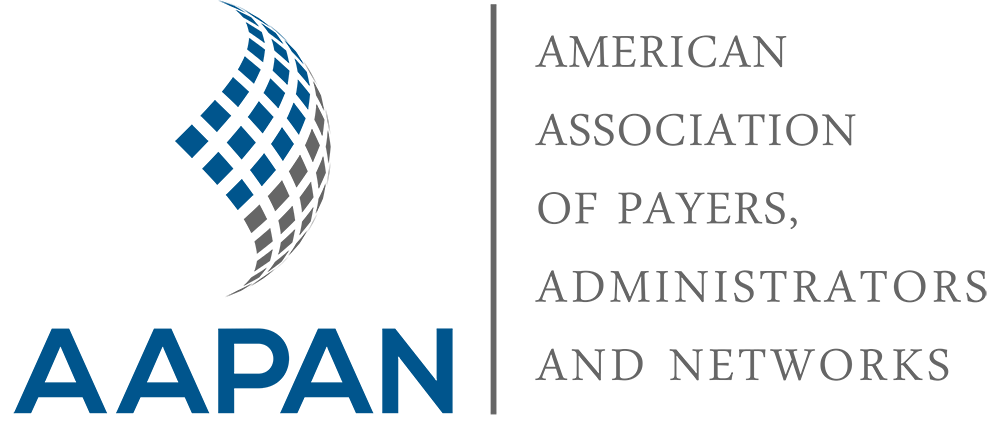Advocacy
federal and state
AAPAN’s Federal Advocacy program continuously monitors activities in our nation’s capital with an eye on our member’s legislative priorities. We stay on top of any pending regulatory and legislative change so we can move quickly to make certain the industry’s voice is part of the discussion. Weekly advocacy updates ensure member companies are informed. And can effectively engage when the need arises.
AAPAN also keeps tabs on the pulse of legislative and regulatory activities in all 50 states plus the District of Columbia. Working closely with our members regionally and through formal Public Policy Strategy workgroups, AAPAN annually identifies the issues that limit access to care, drive up costs and add unnecessary complexity to the marketplace – network adequacy, any willing provider statutes, provider dispensing, state drug formularies, opioid safeguards, to name just a few. Then we target key states for focused advocacy – states nearing introduction of legislation both favorable and unfavorable to industry business practice.
Advocacy
AAPAN advocates at the federal and state level to ensure that policymakers understand the value our Commercial/ Government Health and Workers’ Compensation members bring to healthcare.
Administrative Simplification
AAPAN drives efficiencies in Commercial Health and Workers’ Compensation to improve the healthcare experience for both patients and injured workers.
Collaboration
AAPAN unites Commercial/Government Health and Workers’ Compensation organizations fostering open dialogue in a unique, collaborative atmosphere.
federal advocacy
We communicate regularly with legislators and regulators through in-person visits, fund raisers, responses to request for ideas, written testimony and formal correspondence. Our annual Capitol Caucus event further enhances that relationship-building by bringing together AAPAN members and high-ranking legislators, administration officials, regulators and media that cover politics. Face-to-face, interactive discussion with policymakers means association brand recognition and understanding about how decisions can impact the commercial/government health and workers’ compensation market.

Bobby Jindal, Governor of Louisiana (2008-2016) (R), pictured with AAPAN President and CEO Julian Roberts (L), closed the 2018 AAPAN Innovations Forum by delivering the Chairman’s Dinner Keynote.

Vanila Singh, MD, MACM, chief medical officer for the Office of the Assistant Secretary for Health at the U.S. Department of Health and Human Services, shares the administration’s perspective at the 2019 AAPAN Opioid Summit.
latest federal activity
PMMA and HNA RFI COMMENTS TO CMS
The Physical Medicine Management Alliance (PMMA) and Hearing Network Alliance (HNA) submitted comments on the Medicare Advantage program in addition to comments related to access to coverage and care in Medicaid and CHIP programs.
AAPAN TRANSPARENCY COMMENTS TO CMS
AAPAN submitted comments on the Transparency in Coverage proposed rule and President Trump’s Executive Order 13877, “Executive Order on Improving Price and Quality Transparency in American Healthcare to Put Patients First.”
AAPAN CORONAVIRUS RESOURCES
AAPAN is keeping our membership abreast with curated daily update on the news and federal and state activity around the coronavirus response. These updates will include items beyond those impacting the health sector to help our members navigate this challenging time.
state advocacy
We work to make our members’ collective voice heard through strategic initiatives that engage association-retained counsel, state association partners, and industry allies, by delivering testimony, and conducting grassroots advocacy. We also work to make the industry’s voice louder and more compelling through active participation in national and state-level, policy-oriented organizations, such as the National Council of Insurance Legislators, the National Association of Insurance commissioners, Women in Government and others.
latest state activity
NCOIL
AAPAN attended NCOILs summer meeting July 13 -16 where they addressed a number of issues including: Health Insurance and Long-Term Care Issues, Medical Coverage for Obesity: Legislative Tool Kit, Rhode Island Rate Review, Presentation on the End of Federal State of Emergency and CCIIO presentation on Federal Priorities. Workers’ Compensation Issues covered included: NCCI state of the market, Presentation on the effects of COVID presumption, Ohio Bureau of Workers’ Compensation presentation and Amendments of Structured Settlements Model.
WORKERS' COMP
As state sessions move to a close, AAPAN has seen a number of successes. California has been a focus this year. One bill of concern has been Assembly Bill 2080. AAPAN has been concerned about provisions within this bill that would have required Attorney General approval for mergers and acquisitions of networks. While there were positive provisions, including many favorable to bringing certain providers into network, AAPAN was concerned about the overall design of the bill and the potential for negative trends in provider contracting generally. Other bills that we have also been actively engaging on defense include Assembly Bill 399 and Assembly Bill 1465.
WORKERS' COMP PBMs
AAPAN continues to engage with the New York Department of Financial Services Deputy Superintendent for Pharmacy Benefits to discuss the implementation of New York’s new regulation of Pharmacy Benefit Managers. We remain optimistic that we can resolve potential inconsistencies and redundancies in PBM regulation as it impacts workers’ compensation. In June AAPAN submitted comments on the implementation of section 280 of the new statute. Formal rule making will follow public discussions of the new rules beginning in June and finalization is expected at the end of 2022.
